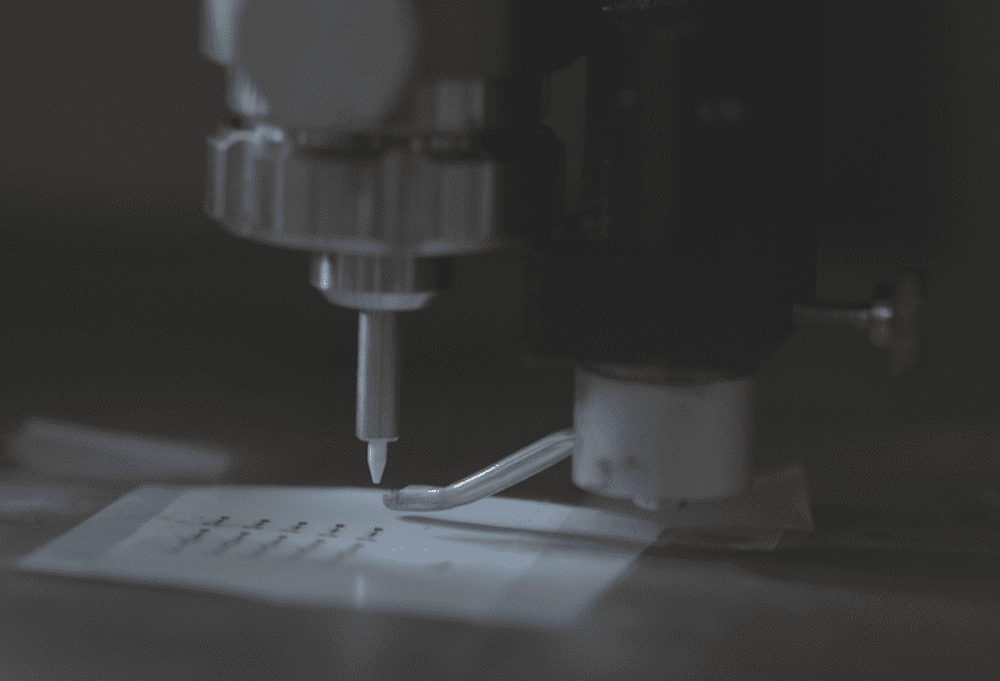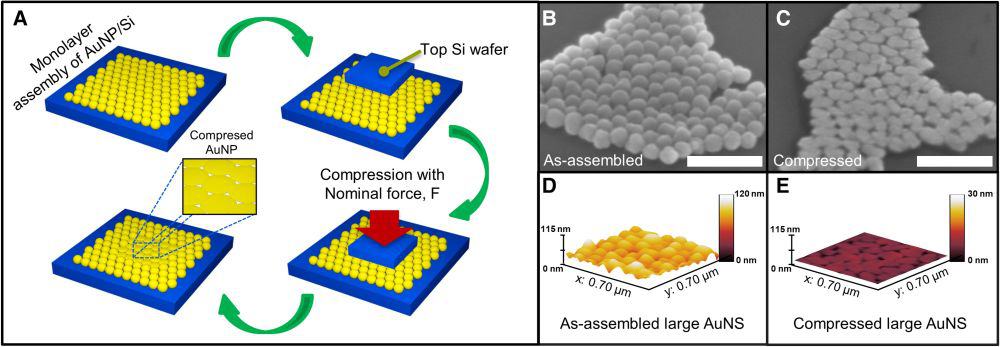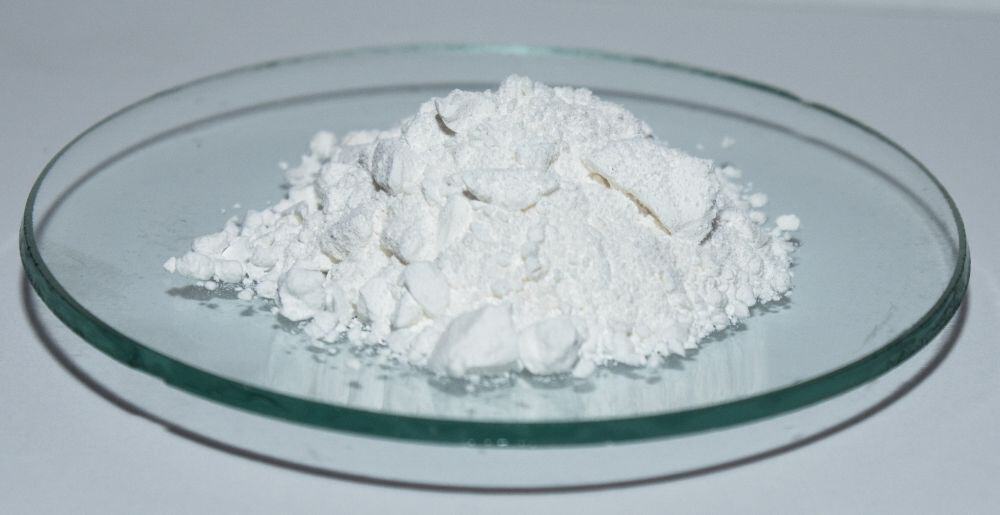Mass producing long, high-quality semiconductor fibers for use in wearable technology is challenging. Researchers at Nanyang Technological University in Singapore identified the ideal combination of materials and processing parameters to achieve consistent production of ultrathin, ultralong, high-quality semiconductor fibers using the molten-core method.
Read MorePrintable electronic inks and their associated print processes tend to rely on environmentally hazardous chemicals, which offsets the benefits of printed electronics in application. Engineers at Duke University developed a water-only printing process for fabricating printed electronics.
Read MoreEnsuring quality of nanomaterials can be difficult when producing in bulk. Rice University researchers developed a new wet-thermal etching method that can result in mass yields of up to 29% purified boron nitride nanotubes.
Read MoreIncorporating practices commonly regarded as sustainable into an individual or group’s workflow does not always guarantee environmental benefits. Researchers from the Technical University of Darmstadt published a case study that shows the importance of critically evaluating perceived green technologies before adoption.
Read MoreTheoretical studies have predicted that 2D silicon carbide in a stable honeycomb structure is possible, but experimentally achieving this material has proven difficult. Two recent papers successfully synthesized monolayer silicon carbide using top-down and bottom-up synthesis methods, respectively.
Read MoreTwo-dimensional thin films are often fabricated using bottom-up solution-based techniques, such as electrochemical deposition and atomic layer deposition. Now researchers have reported a top-down, solid-state method based on the age-old Egyptian craft of goldbeating that they say is generalizable to various metallic, polymeric, or ceramic nanoparticles.
Read MoreSeveral oxides are routinely used as sintering aids in the fabrication of zirconia toughened alumina. While the individual effects of these oxides are well recorded, the effect of multiple oxide inclusions is unclear. Researchers from several institutions in Bangladesh investigated the combined effect of these oxides on the zirconia toughened alumina system.
Read MoreDespite the meteoric rise of MXenes from discovery to commercial products in only a decade, the environmental impacts of MXene synthesis have not been assessed systematically. ACerS member Babak Anasori helped lead two recent studies that provided a life cycle assessment and step-by-step guide for synthesizing Ti3C2Tx MXenes, respectively.
Read MoreCurrent methods for controlling “runaway” thermal reactions such as combustion and pyrolysis remain rather rudimentary. Researchers led by North Carolina State University developed a new nanocoating that, when applied to a material before combustion, allows for the reaction rate and direction of ignition propagation to be controlled.
Read More







